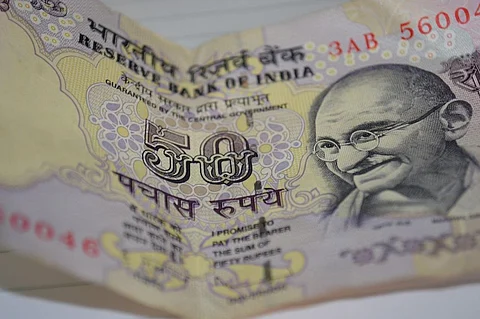
- Home
- न्यूजग्राम
- NewsGram USA
- India
- World
- Politics
- Entertainment
- Culture
- Lifestyle
- Economy
- Sports
- Sp. Coverage
- Misc.
- NewsGram Exclusive
- Jobs / Internships

By Harshmeet Singh
The awakening of society towards the issue of black money can be credited as much to the media as to the innumerable agitations over the past 5 years.
After a long wait, tough talking Arun Jaitley has finally announced some stringent laws to deal with the offenders of the Foreign Exchange Management Act. According to the proposed law, a rigorous imprisonment of up to 10 years along with a 300% tax penalty will be awarded to those failing to disclose foreign assets.
Apart from proposing severe consequences for the offenders, the FM also stated that the Government was in the process of devising a plan to encourage voluntary disclosure by allowing people to repatriate their black money by paying the appropriate taxes.
Albeit experts and agencies differ in their estimation of the total Black money stashed in foreign banks by the Indian residents, all of them peg the amount to be a significant proportion of our GDP.
How Black Money originates
Contrary to the common belief, Switzerland is fast losing its position as the 'favourite' destination for India's Black money. With all eyes on the Swiss Banks, the depositors are now eyeing safer destinations. A number of individuals have resorted to round tripping to convert their unaccounted money. Round tripping essentially refers to Indian money going abroad by illegal routes, such as Hawala and then coming back to the country in the form of investments or remittances. Tax havens such as Mauritius have attracted huge funds over the past decade, owing to Round Tripping. While it may seem like an easier route to bring back the black money, the evasion of tax at the first instance causes huge losses to the exchequer.
GMR, Reliance Communication also round trip
Surprisingly, a number of listed companies have also come in the net of allegations of round tripping, with SEBI issuing notices to Reliance Communication, GMR and United Spirits.
Circulating money via Villages
Even though the phrases 'black money' and 'stashed abroad' are usually taken in a single breath, the amount of black money circulating within the borders of the country can't be underestimated. One of the most common, yet unnoticed ways of circulating black money is through private money lenders in villages. With nationwide financial inclusion still a far off realization, the unbanked villages in India number more than 4 lakh. Lack of credit facilities forces the farmers to take loans from local moneylenders at exorbitant interest rates of 25% – 30%. Such mechanisms provide a fertile base for the black money holders to circulate their illegal or unaccounted cash without raising anyone's eyebrows.
The Government, by its own admission, is trying its best to bring all the black money holders to the fore. One hopes that probes in matters such as HSBC leak list don't take the 'eternal' path and are fast tracked to keep pace with the big promises made.
